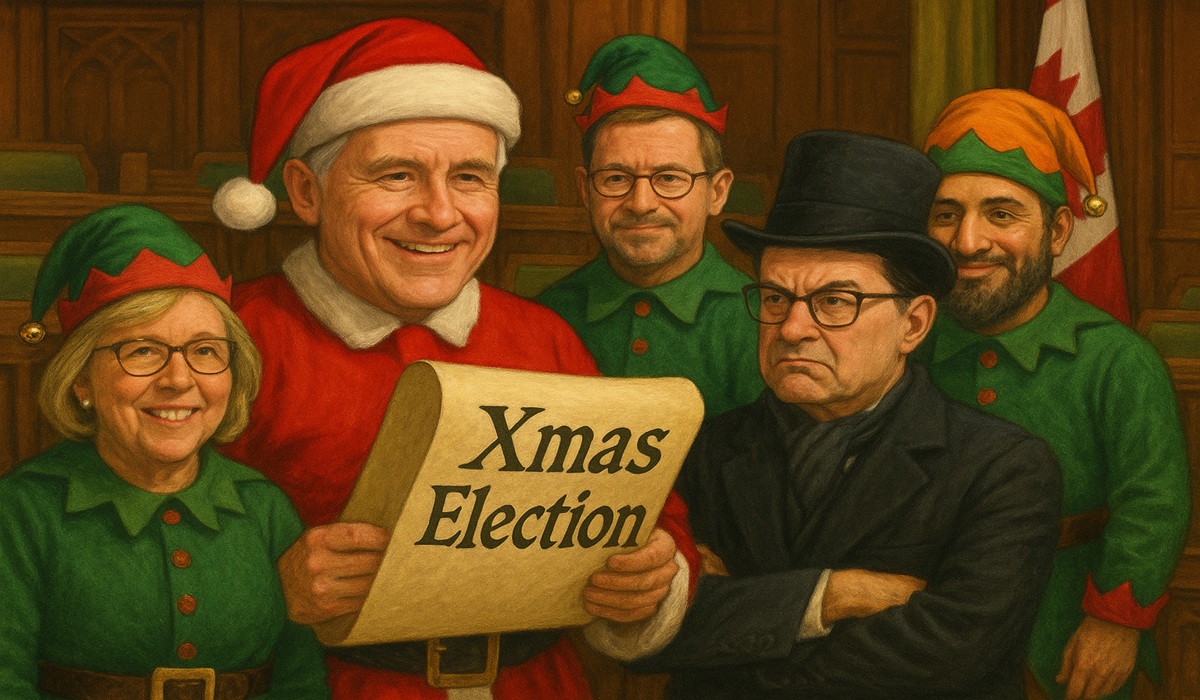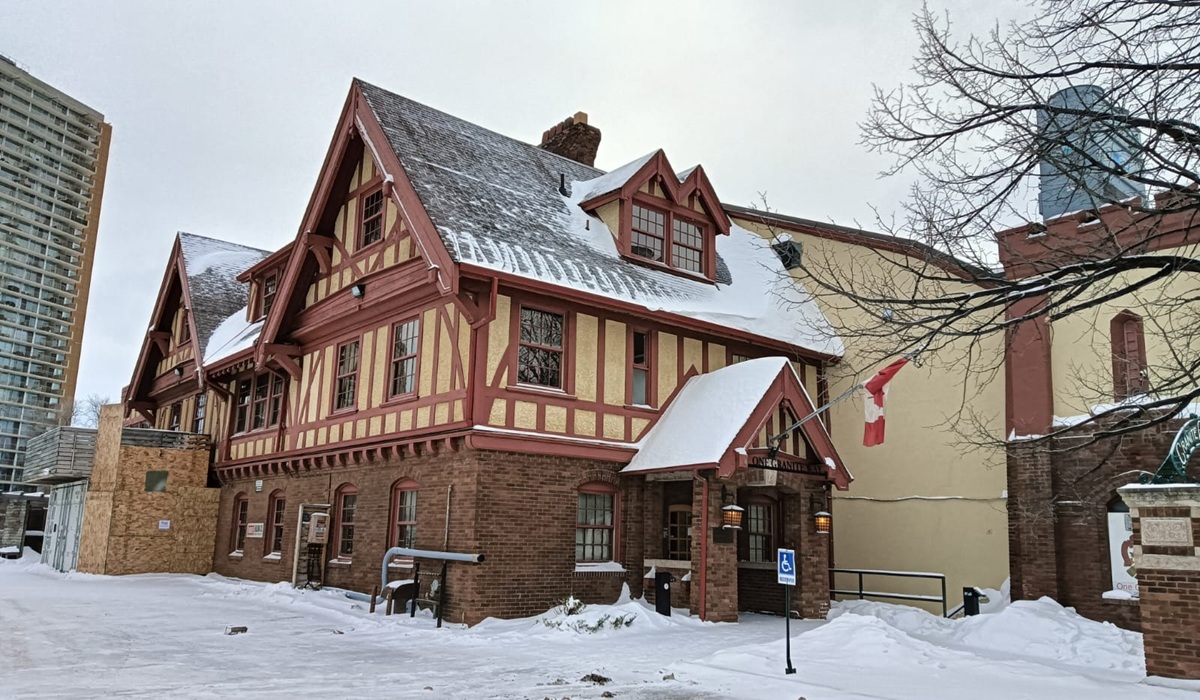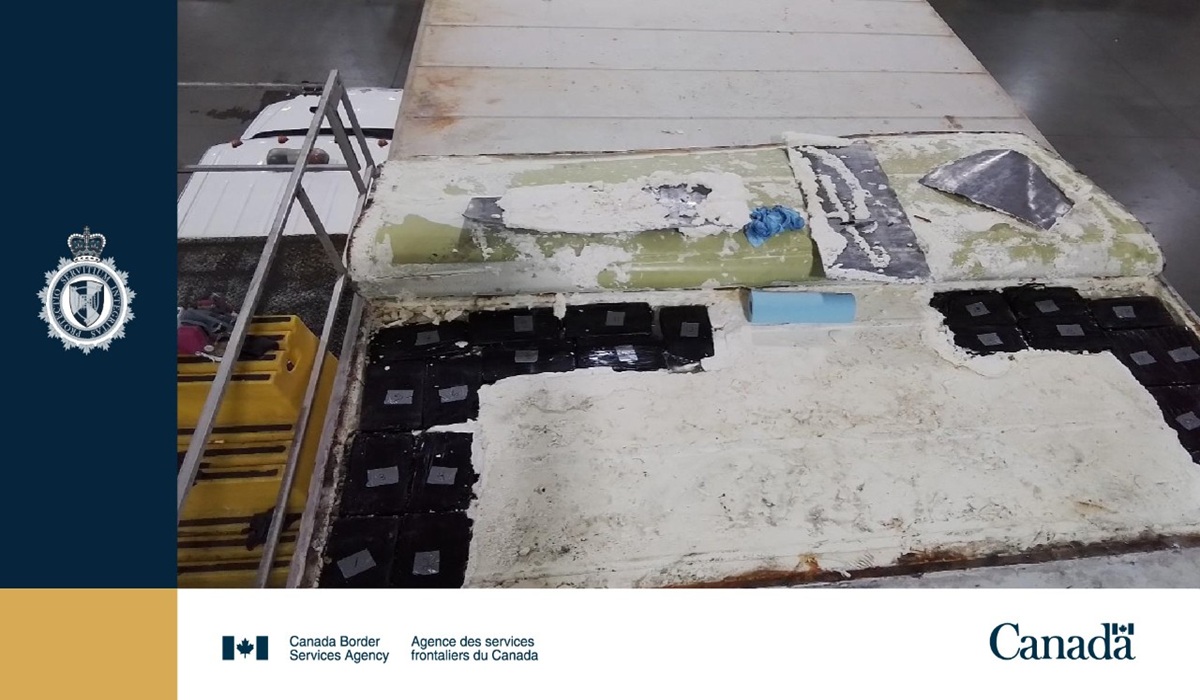By: Donovan Martin Sr, Editor in Chief
The countdown to Prime Minister Carney’s first budget has already begun, and with it comes a national sense of déjà vu mixed with dread. It has been less than a year since Canadians last trudged to polling stations, wrapped in scarves and frustration, and here we are again staring at the possibility of another winter election—not because the public demanded one or because Parliament collapsed under scandal, but because opposition parties see an opportunity to tilt the chessboard in their favour. There’s a fair question hanging in the winter air: is this the kind of governance Canadians signed up for? A system where any minority term becomes a roulette wheel of election threats and political theatre every time the arithmetic in the House feels inconvenient?
That is the tension as the Conservatives and Bloc Québécois openly prepare to vote against the the first Carney budget, and the NDP appears to be wobbling. The public mood, however, is very different from the mood in Ottawa. Canadians are exhausted. Life remains expensive, inflation may be cooling but mortgages have not, the cost of living still hits the bone, and people are preoccupied with heating bills and grocery costs, not campaign slogans. Democracy is supposed to be a civic expression, not a winter endurance test forced upon a weary electorate simply because parties smell opportunity.
If this budget becomes the spark that sends the country back to the polls, the NDP sits in perhaps the most precarious position of all. They don’t have the financial machinery ready for a national blitz; they are still recovering from recent losses; their fundraising hasn’t surged; their organizational stamina is questionable. The idea they could suddenly out-campaign, out-fundraise, and out-organize in every province in the middle of winter feels fanciful. Triggering a winter election could easily become a self-inflicted implosion.
The Bloc, operating in its own political climate, will make its choices through a Quebec lens. But the rest of Canada does not share that luxury. There is no appetite outside Quebec for another federal contest based on tactical brinkmanship.
And then there is Pierre Poilievre, whose year has read like political surrealism—losing his seat, winning it back in a by-election, and now walking into a potential winter showdown with chatter of a leadership race brewing in January. Has he turned the page? Has he broadened his tone? Or is he still clinging to an oppositional posture at a time when Canadians are craving steadiness, not spectacle? The country’s mood is not revolution—it is fatigue. Not fiery change, but functioning government. The Conservatives may believe Canadians want to punish the Liberals, but what if Canadians simply want everyone in Ottawa to grow up and get on with governing?
And this is where timing becomes not just inconvenient, but reckless. Canada is in the middle of an economic cooling period and adjusting to a new global financial reality. Households are stretched. Businesses are bracing. And layered on top of that is a tariff war with the United States, a moment of real economic tension requiring clarity, diplomacy, and sustained policy direction. This is precisely the worst moment imaginable to dissolve Parliament, plunge the nation into uncertainty, and force a Christmas-time campaign. Imagine asking Canadians to cast ballots in December, with Parliament already dissolved, campaign rhetoric drowning out holiday anxieties, families struggling with costs, and no stable federal voice in the face of rising cross-border trade hostilities. It would be an electoral circus colliding with Christmas lights—an avoidable national stress test at the worst possible moment. And voters would remember who pushed them into it.
That risk is no small thing. Forcing an election in the snow is one thing. Forcing one at Christmas during an economic slowdown and tariff confrontation with our largest trading partner is political malpractice. Parties that gamble on voter frustration may discover that frustration directed back at them with a vengeance. It could easily hand the Liberals the majority they currently lack simply because Canadians resent being made collateral in a political stunt.
This looming moment may also force a much-needed conversation about our election rules. Canada has long tolerated a system in which minority governments can be toppled over parliamentary gamesmanship rather than genuine governance failure. Maybe that era needs to end. Other democracies require super-majorities to dissolve a government mid-term, or fixed terms with narrow exceptions tied to real dysfunction, not partisan ambition. Perhaps Canada is ready for a structure that prevents political opportunism at the expense of national stability—especially during economic turbulence or foreign policy crisis. Stability should not be optional in a G7 country; it should be engineered into the system.
Right now, Canadians aren’t itching to vote—they are aching for steadiness. They don’t want to be dragged from the fireplace to fight wind, sleet, and ballot lines because politicians couldn’t manage to cooperate through a fiscal cycle. If this budget showdown triggers a Christmas election in the middle of tariff tensions and economic strain, history will likely treat it not as bold political strategy but as reckless self-sabotage. And the electorate may punish the instigators, not the incumbents.
Carney’s first budget will set the policy tone for this government, but the weeks surrounding it may set the constitutional tone for the future. Winter is long in Canada. Political winters do not need to be. If this becomes the election no one wanted at the time everyone needed stability most, it may also become the moment Canadians demand change so they never face such poorly timed political brinkmanship again.









